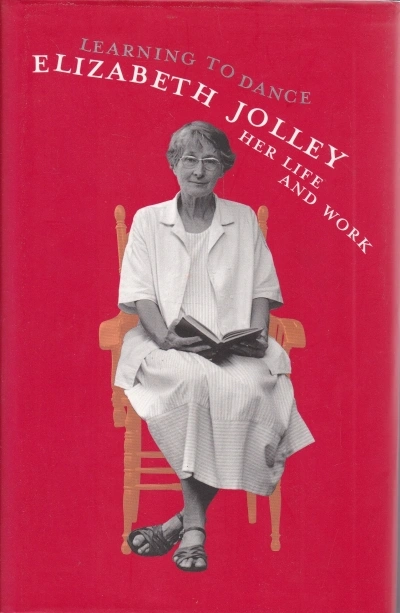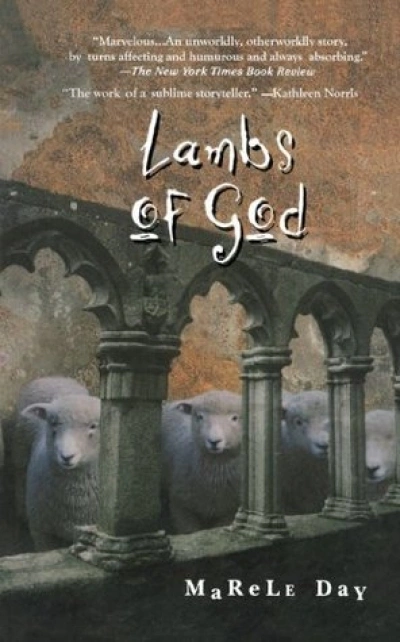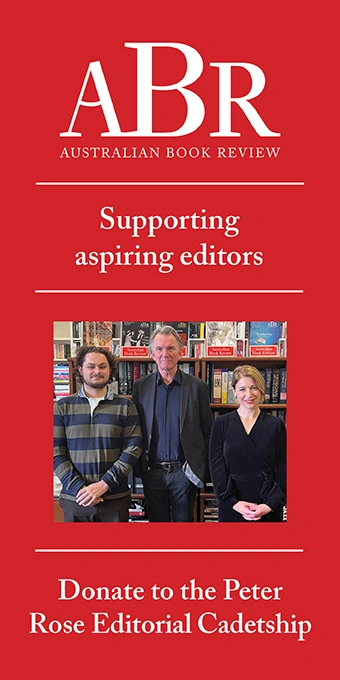Caroline Lurie
Have I talked on this topic before? Do I hear the echo of my own voice? ‘What we do’, I say so many times a week, ‘is read your manuscript. If we think there is a market for it, we’ll try to place it with the most appropriate publisher, negotiate the best possible terms for you, exploit such subsidiary rights as are applicable, and take 10 per cent of whatever we can get for you.’
... (read more)Dear Elizabeth,
Well, it seems our long correspondence is over. Actually it ended some years ago, didn’t it? Your last letter to me is dated Christmas Eve 2001. I continued writing to you into the following year, not immediately realising you were unable to reply, even though your later letters spoke of confusion and of unaccountably getting lost in familiar streets.
... (read more)Learning To Dance: Elizabeth Jolley – Her life and work edited by Caroline Lurie
Dear Editor,
The Fat Author Replies to Robert Dessaix:
The author does not embody Iiterary classification nor does she base her work on literary theory though literary criticism does inform her literary practice.
... (read more)Dear Madam,
I don’t usually believe in responding to reviews, but Kenneth Gelder’s review (ABR June 87) of The Illustrated Treasury of Australian Stories, which I edited, raises a few points which are worth a reply.
... (read more)When the Writers’ Week organisers asked me to come and talk on a panel of literary agents, I naturally asked what they wanted me to talk about. (I knew that jokey anecdotes about publishers, writers, and agents would be just the thing; I also knew that my delivery would fall horribly flat, even if I could remember any.)
It was suggested that I might talk about pitfalls for writers – a subject on which literary agents can wax lyrical for hours – but that seemed slightly arrogant from where I sit, and I began to think of pitfalls for agents. And from there I started to think about what agents can and can’t do, how useful we are or aren’t, and by the time I’d thought all that through, I had the bones of what I wanted to talk about.
... (read more)I saw an elderly, quite famous poet sitting all forlorn on a large boulder, neither quite inside a lecture room nor quite outside on the leafy lawn.
Her location, and the droop of her shoulders said, See, I am alone. I knew her, I had taken her once on a short publicity round in Sydney, years ago: should I stop and say, Remember me? Remember that book you wrote, how we thought it might change things, and perhaps it has.
... (read more)






